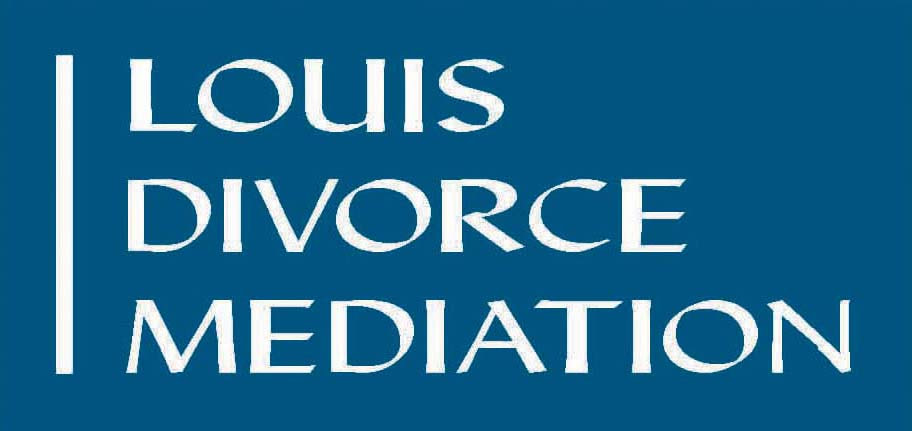Louis Divorce Mediation ~ Online and In-Person Mediation in Chicago
|
Agendas can be very useful. In meetings, whether mediation sessions or divorce sessions with a collaborative divorce team, an agenda keeps us focused on the topics to be addressed.
While I am prepared to structure each and every mediation session, I want you to know that I will always be ready to help you with what is most important to you in mediation discussions. As a mediator, my tendency is not to provide a formal agenda for a mediation session. That way I am honoring the wishes of clients, leaving things open to discuss what you want to address at a particular session. While I am prepared to structure each and every mediation session, I want you to know that I will always be ready to help you with what is most important to you in mediation discussions. While an agenda that represents a structure and a plan for discussion can be constructive, bringing “one’s own agenda” to a mediation session or collaborative divorce session can be risky, if not dangerous. Why risky? Whether it is a professional—a mediator or collaborative divorce attorney or neutral—or a client who comes with “an agenda,” that gesture can often be perceived as an effort to “control” the conversation or impose a set of your own values, beliefs and needs on others. Instead, honestly sharing about what is important to you is an entirely appropriate way to ask for understanding. If a mediator or collaborative facilitator imposes an agenda on the process, this can result in the conversation, and even the outcome, taking a direction overly influenced by the professional. What is preferable is engaging you as the clients in a process that empowers you to have a constructive dialogue that will promote understanding and resolution of the difficult issues involved in a divorce. If you, as a spouse in a divorce mediation or collaborative divorce process, put forth your agenda, then your spouse may very well see this as a set of demands. I’ve found that when you shift your focus from “demands” to “proposals,” your spouse sees an invitation to consider an idea, instead of feeling pressured into an outcome that may not want be wanted. Agendas, like mediation, work best when they function as neutral.
0 Comments
Leave a Reply. |
Categories |
David Louis, MPA, CDFA® • Louis Mediation Services - Chicago
|
Chicago Office: 1700 W Irving Park Rd., Suite 105, Chicago, IL 60613
Northbrook Office: 555 Skokie Blvd., Suite 500, Northbrook, IL 60062 |
Copyright © 2024


 RSS Feed
RSS Feed